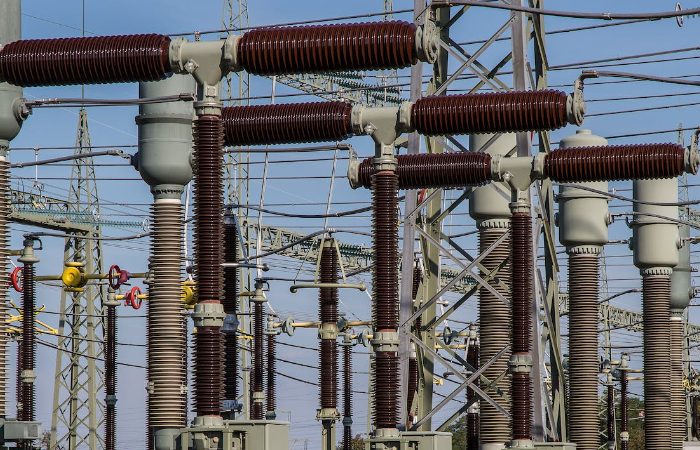How to Choose the Right Business Electricity Plan for Your Company
Choosing the right business electricity plan for your company can be a daunting task. With so many plans available, it can be difficult to determine which plan best suits your needs. Here are some key considerations to keep in mind when selecting a business electricity plan.
The first consideration is the pricing structure of the plan. Different plans offer different pricing structures, such as flat-rate, time-of-use, and demand-based. Flat-rate plans charge a single rate for all hours, while time-of-use plans charge different rates depending on when electricity is used. Demand-based plans charge higher rates during peak hours, when electricity is in high demand. Depending on your business’s usage patterns, one of these pricing structures may be more cost effective than the others.
The second consideration is the term length of the plan. Most business electricity plans have a minimum contract length of one year, but some offer longer terms that can provide savings over time. If your company is expecting to be in the same location for an extended period of time, it may be beneficial to lock in a longer-term plan.
Third, consider the energy mix of the plan. Different plans offer different mixes of energy sources, such as coal, natural gas, and renewable sources. Some plans are 100% renewable, while others are more heavily weighted towards fossil fuels. Depending on your company’s sustainability goals, it may be beneficial to select a plan with a higher percentage of renewable energy sources.
Finally, consider the customer service offered by the plan. Different plans offer different levels of customer service, such as 24/7 customer support, online tools, and billing options. Choosing a plan with a high level of customer service can help ensure that any issues that arise are quickly and efficiently resolved.
By considering the pricing structure, term length, energy mix, and customer service offered by different business electricity plans, you can make an informed decision and select the plan that best suits the needs of your company.
The Benefits of Renewable Energy Sources for Business Electricity Plans
Renewable energy sources, such as solar, wind, and hydropower, are becoming increasingly popular for businesses seeking to reduce their electricity costs and their environmental footprint. Renewable energy sources offer a number of advantages to businesses, including cost savings, energy independence, and environmental sustainability.
The most obvious benefit of renewable energy sources is cost savings. Renewable energy sources are often cheaper than traditional sources of energy, such as coal, natural gas, and nuclear. This is especially true for businesses that are located in areas with plenty of sunshine or strong winds, as they can take advantage of lower installation and maintenance costs. Additionally, renewable energy sources don’t require businesses to purchase fuel, which further reduces costs.
Renewable energy sources also offer businesses energy independence. Unlike traditional sources of energy, renewable energy sources don’t require businesses to purchase fuel from an external source. This means that businesses can produce their own electricity, allowing them to enjoy greater control over their energy costs.
Finally, renewable energy sources are a much more environmentally friendly option than traditional sources. Renewable energy sources produce little to no pollution, and don’t create any hazardous waste. This makes them a much more sustainable option for businesses looking to reduce their environmental impact.
In conclusion, renewable energy sources offer a number of benefits to businesses, including cost savings, energy independence, and environmental sustainability. As renewable energy sources become more cost-effective and widely available, more and more businesses are turning to them for their electricity needs.
The Pros and Cons of Fixed-Rate Business Electricity Plans
Fixed-rate electricity plans for businesses can be a great way to help manage energy costs, but there are both advantages and disadvantages to consider before signing up.
Pros
Fixed-rate plans offer businesses a way to budget their energy costs more easily. With a fixed-rate plan, businesses know how much they will pay for electricity each month, allowing them to better plan their cash flow. These plans also provide protection against price volatility, as businesses will not be subjected to sudden price hikes due to market fluctuations. Additionally, many fixed-rate electricity plans include incentives or rewards, such as discounts or reward points, which can help businesses save money over time.
Cons
The main disadvantage of a fixed-rate electricity plan is that businesses may not be able to take advantage of lower prices if the market rate falls below their contract rate. Additionally, some fixed-rate plans come with exit fees or early termination fees, which can be expensive. Furthermore, there may be restrictions on the types of energy sources available with some fixed-rate plans, limiting the options available to businesses.
Overall, fixed-rate electricity plans can be a great way for businesses to manage their energy costs, but it is important to carefully consider all of the pros and cons before signing up for a plan.
